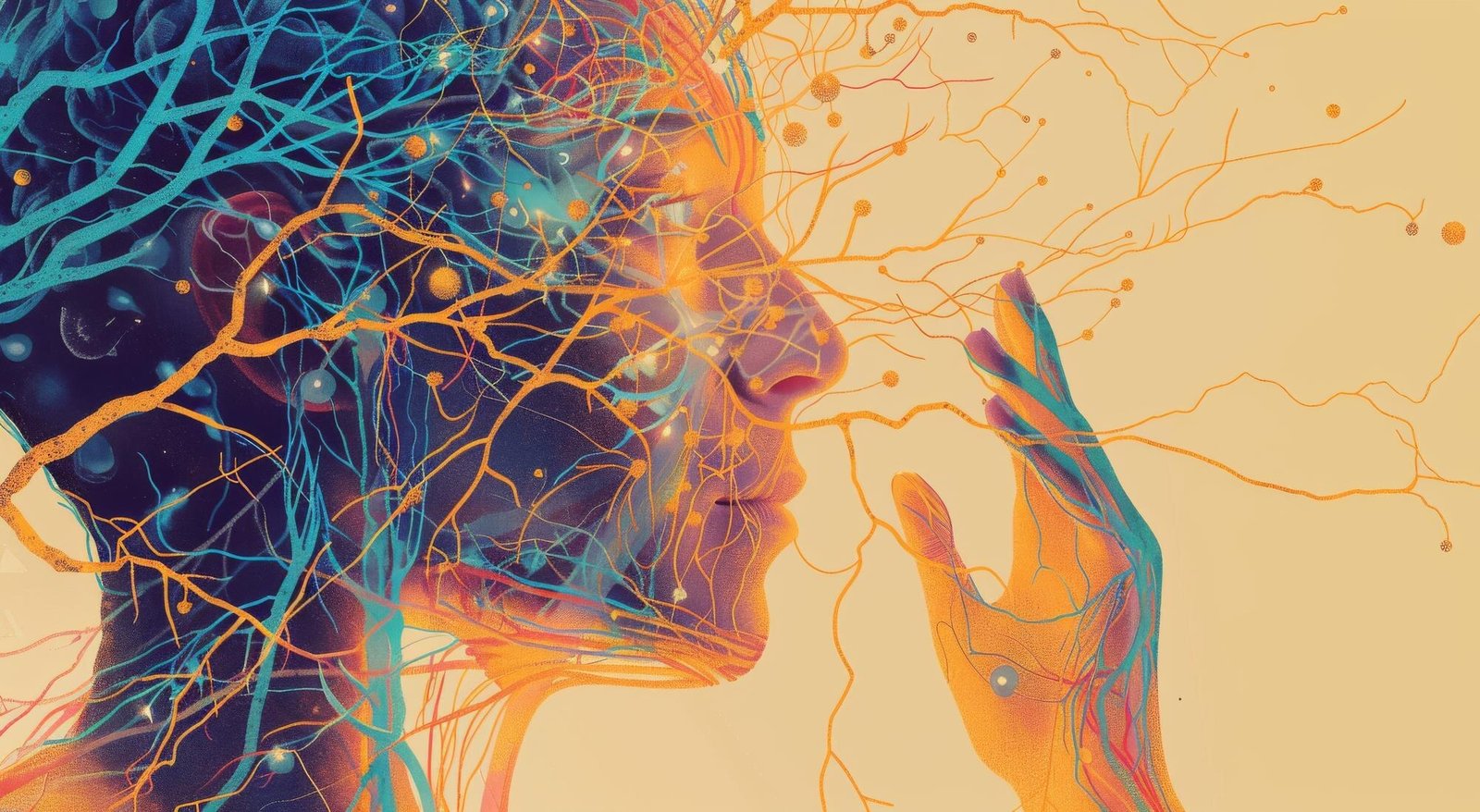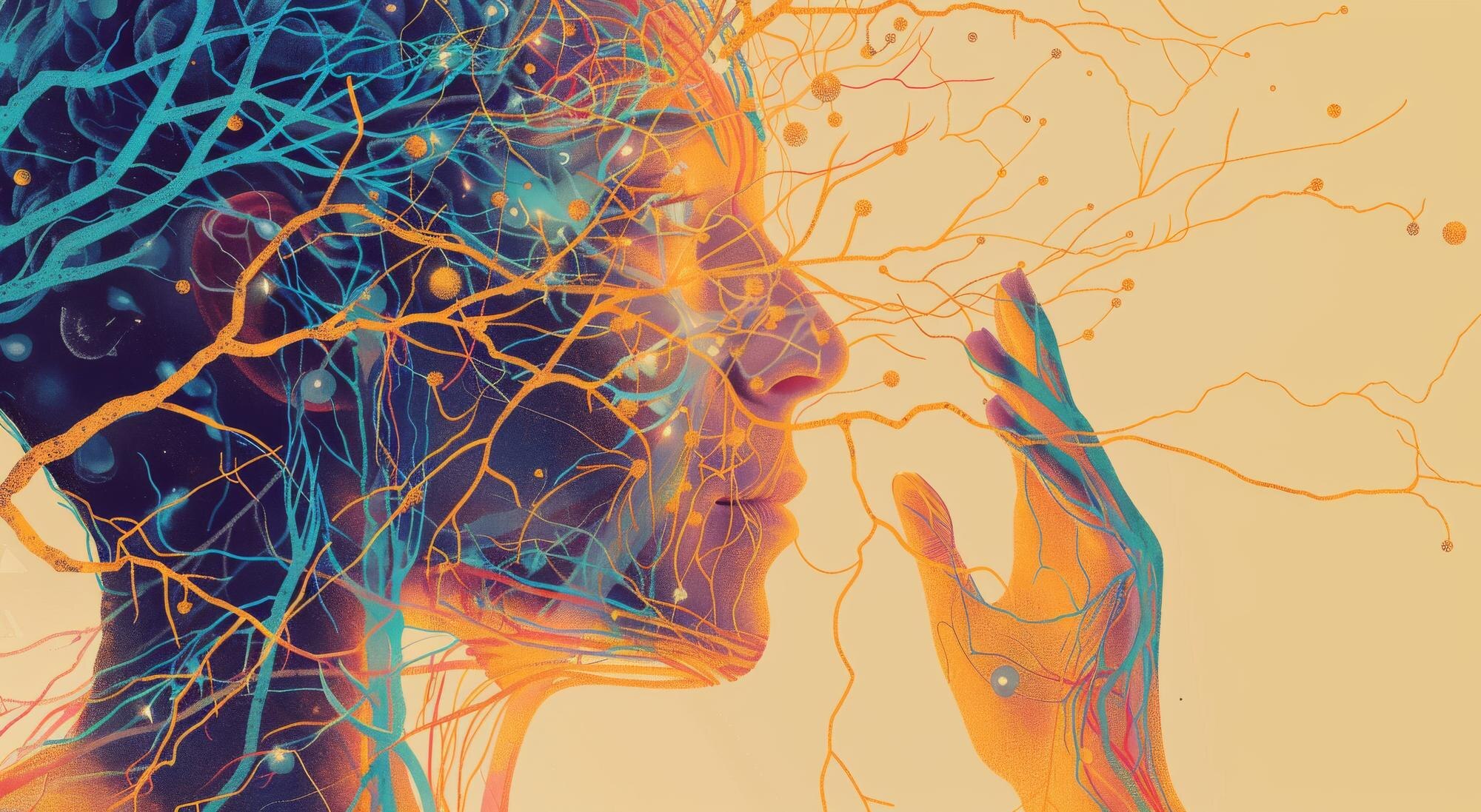
Unraveling the Science: How Your Brain’s Survival Mechanism Fuels Compulsive Behaviors
You’re not broken. You’re overwhelmed, and your brain’s survival mechanism is working overtime. Compulsive behaviors can feel like personal failure, but they’re rooted in your brain’s way of keeping you safe. These actions are not your fault, and they’re not your forever story. Dive into the science behind these behaviors and discover how understanding them can lead you to emotional healing and addiction recovery. You can change this cycle. You deserve freedom.
Understanding Compulsive Behaviors

Delving into compulsive behaviors requires an understanding of the brain’s mechanisms. These behaviors are often misunderstood as simple lack of willpower, but they are deeply rooted in our survival instincts. By exploring how the brain’s survival mechanism operates, we can begin to see why these actions persist and how they connect to emotional pain and self-destructive cycles.
Brain’s Survival Mechanism Unveiled
The brain’s survival mechanism is a set of processes designed to keep us safe. It’s a primitive response to perceived threats, triggering behaviors aimed at ensuring our survival. When you engage in compulsive actions, your brain interprets them as necessary for protection.
Research from Stanford Medicine shows that this ancient wiring can lead to addiction-like behaviors. It’s not about choosing weakness, but rather a natural response that can be overwhelming.
Compulsions are a reaction to emotional distress, helping numb feelings we find hard to face. Recognizing this can lead to healthier coping strategies.
Emotional Pain and Compulsions
Emotional pain often acts as a catalyst for compulsive behaviors. These actions serve as a temporary escape from feelings of distress or trauma. When emotional pain becomes unbearable, the brain seeks relief through compulsive acts.
In therapy and coaching, understanding this link is crucial. For many, compulsive behaviors are not about the behavior itself but about avoiding painful emotions.
A YouTube video explains how the brain’s reward system becomes involved in this avoidance, reinforcing the behavior as a coping mechanism.
Cycle of Self-Destruction
The cycle of compulsive behaviors can quickly turn into self-destruction. Initially, these actions might provide temporary relief, but they often lead to guilt and shame, perpetuating the cycle.
Trigger: Emotional pain or stress initiates the need for relief.
Action: Compulsive behavior provides a temporary escape.
Regret: Post-action guilt adds to emotional distress.
Repeat: The cycle resumes, reinforcing self-destructive patterns.
Understanding this cycle is crucial for breaking free. The National Library of Medicine offers insights into how these behaviors can be interrupted by addressing the emotional triggers.
Pathway to Emotional Healing

Healing from compulsive behaviors involves more than just stopping the actions. It’s about emotional healing and creating a safe space for self-discovery. This section explores how to recover from addiction without shame, replace self-hate with love, and implement effective tools for lasting change.
Addiction Recovery Without Shame
Recovery is possible without judgment. The journey begins with acknowledging that compulsions are not a moral failing but a response to pain. Compassionate support is vital for healing.
VK Circle coaching emphasizes recovery without shame. By creating a non-judgmental space, individuals can explore their triggers openly. This approach aligns with findings in a PMC article that highlights the importance of understanding addiction as a brain-based condition.
Through empathy and openness, individuals can begin to rebuild their lives with dignity and self-respect.
Replace Self-Hate with Love
Self-hate often fuels compulsive cycles. Replacing it with self-love requires intentional practice. The process involves recognizing worth and embracing kindness.
Affirmations: Daily affirmations can help reframe negative thoughts.
Self-care: Prioritize activities that nurture well-being.
Community: Connect with supportive groups.
This shift from self-hate to love is foundational. By changing the internal dialogue, individuals can create a more positive self-image and break free from compulsions.
Tools for Lasting Change
Real change comes with effective tools. These tools empower individuals to manage emotions better and reduce compulsive behaviors.
Mindfulness: Stay present and aware of emotional triggers.
Cognitive Behavioral Strategies: Challenge negative thought patterns.
Support Systems: Lean on friends, family, or a coach for support.
VK Circle’s methodologies incorporate these tools, providing a framework for lasting change. The focus is on empowerment and self-reflection, vital for sustainable emotional healing.
VK Circle: Your Guide to Freedom

VK Circle offers an innovative approach to overcoming compulsive behaviors. Through the Heal Your Life® methodology, individuals can experience transformative emotional freedom. This section delves into the unique offerings of VK Circle, from coaching to taking the first step toward healing.
Heal Your Life® Methodology
VK Circle’s Heal Your Life® methodology is designed to address the root causes of compulsive behaviors. It integrates emotional healing with practical strategies for change.
Self-exploration: Encourages deep understanding of personal triggers.
Emotional release: Techniques to process and let go of past pain.
Empowerment: Teaching individuals to reclaim their lives with confidence.
This methodology provides a comprehensive approach to healing, offering more than just symptom management. It’s about real transformation.
Emotional Freedom Through Coaching
Coaching at VK Circle is a supportive experience that guides individuals toward emotional freedom. Through personalized sessions, clients can explore their unique challenges.
The coaching framework focuses on understanding the individual, providing tailored strategies that align with their needs. This personalized approach is vital for effective healing and long-term success.
Clients often find that through coaching, they gain clarity and confidence, enabling them to tackle compulsive behaviors with renewed strength.
Take the First Step Today
Taking the first step toward freedom is empowering. VK Circle invites you to start your journey toward emotional healing and addiction recovery.
Schedule a consultation: Explore how VK Circle coaching can support you.
Engage in workshops: Learn practical tools for managing compulsive behaviors.
Join a community: Connect with others who understand and support your journey.
Begin your path to freedom today. You deserve a life unburdened by compulsions. 🌟✨🧠



